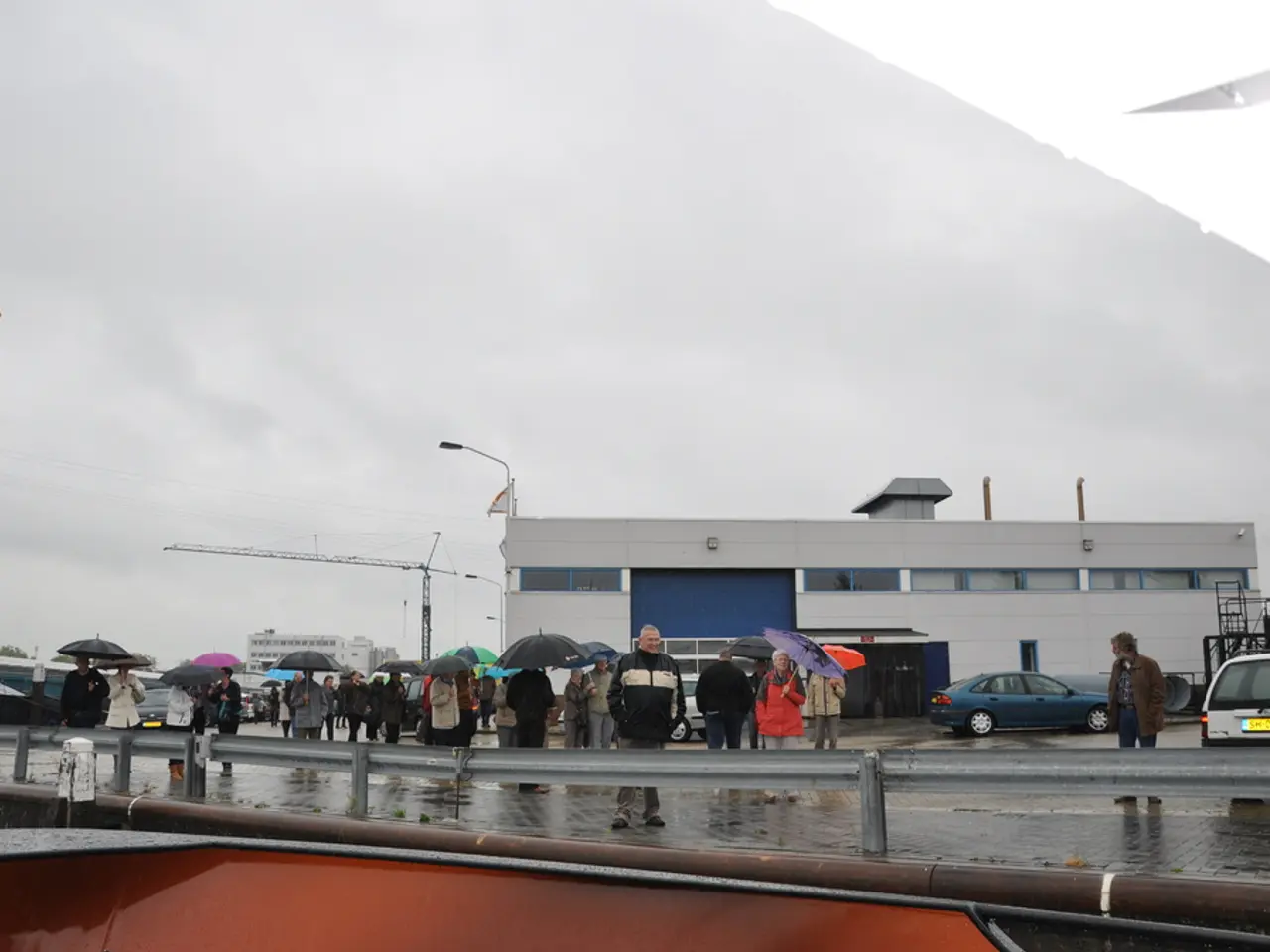European locals resist rapid advancement of the Lithium industry, led by Barroso's region
In the heart of northern Portugal, the tranquil village of Covas do Barroso finds itself at the centre of a contentious issue. For years, the village, with its 150 inhabitants who traditionally rely on livestock farming and agriculture, has been under threat from a proposed lithium mine.
Since 2016, Savannah Resources, a British company, has been developing plans for an open pit mine in Covas do Barroso. The area southeast of the village, identified as the richest in lithium, has been a focus for mining, and if exploitation proceeds, it will become an open pit mine. The mine, if built, could be exploited for 12 years.
The sun sets, and a farmer leads his cows across the central village square, where protest banners against mining, for village life, for water, and for nature still hang on the fence. The Savannah Resources office in Covas do Barroso is hidden behind a dark door, guarded by cameras.
The mining plan is controversial and has been at the centre of an investigation into corruption. The remaining 20% of the material from the open pit mine will need to be washed, even chemically, to extract the lithium. This process raises concerns among the villagers about potential impacts on their health and the area's freshwater supply.
Aida Fernandes, president of Covas do Barroso's common land association, aims to stop mining works on communal lands, particularly in forests. She and her association participated in an international meeting against mining in Spain to unite against powerful counterparts.
The struggle against lithium extraction in Covas do Barroso has received broad support from diverse sectors of society. Mariana and Paloma, young residents of the village, have transformed a former primary school into a space for community gatherings and anti-mining activities. They are part of Unidos em Defesa de Covas do Barroso (UDCB), an association organizing demonstrations, assemblies, protest camps, and legal action.
The mine could employ up to 250 workers and supply enough lithium for 500,000 electric car batteries each year. However, the mayor of Boticas, Fernando Quieroga, opposes the Savannah Resources mine in Covas do Barroso, citing potential impacts on living conditions, health, and the area's freshwater supply.
Portugal is the largest and only significant site of lithium production in the European Union. Construction of the mine is scheduled to start in 2024, but the future of Covas do Barroso remains uncertain as the village fights to protect its land, its people, and its way of life.
The Portuguese Environment Agency gave its preliminary approval for the environmental impact assessment of the Barroso project in May 2023. The battle against the mine continues, with the villagers and their supporters determined to preserve their home and its precious resources.
Read also:
- Experiencing Life's Variety Firsthand: Gaining Insights from Life's Broad Spectrum of Experiences
- Impact of Complex Post-Traumatic Stress Disorder on Romantic Relationships: Symptoms, Causes, and Precautions
- Strategies for Keeping Work Reasonable and Rewarding for those with Autism and ADHD
- Impaired Driving Awareness Campaign Announced by MADD Under the Name "End Herre"








